

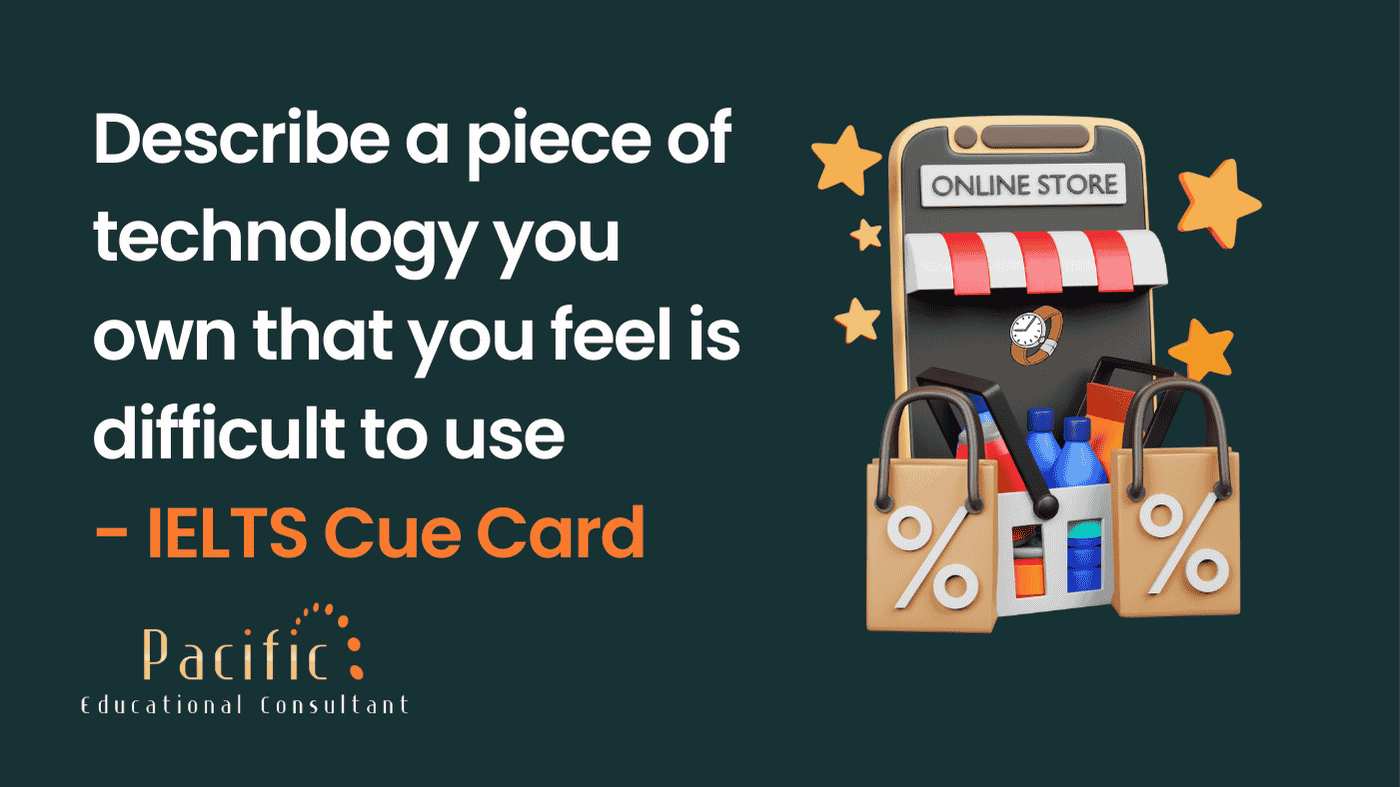
You should say:
I bought a smartwatch about a year ago during the Diwali sale. I had been thinking about upgrading from a normal watch to something more advanced, and the festival discounts finally convinced me to purchase it.
I got the smartwatch mainly to track my fitness and health activities, such as step counting, heart rate monitoring, and sleep analysis. I also wanted to receive call and message notifications directly on my wrist without checking my phone all the time.
I use it almost every day, especially when I go for walks or do my workout sessions. However, I don’t use all its features regularly, because some of them are too complicated to set up or require syncing with different apps, which I find frustrating.
Honestly, I feel both impressed and disappointed. On one hand, it motivates me to stay active and keeps me aware of my health. On the other hand, the menus, settings, and frequent software updates make it confusing to handle. Sometimes, I even miss important data because I couldn’t figure out how to activate the right option. So, while it’s a smart device, I don’t always feel smart while using it.
People today commonly use smartphones, laptops, and smart devices such as watches and home assistants. These gadgets help with communication, entertainment, online shopping, and even managing daily tasks.
Big companies launch new products to stay competitive, attract customers, and increase profits. Frequent launches also create excitement in the market and maintain customer loyalty.
Many people see iPhones as a status symbol. Apple’s strong brand image, user-friendly interface, and reliable ecosystem make buyers loyal, even if the new versions only have minor upgrades.
They upgrade products to meet changing consumer needs, fix technical issues, and add innovative features. Regular updates also help companies remain leaders in the market and prevent customers from shifting to competitors.
Technology has transformed almost every aspect of life. It has made communication faster, education more accessible, healthcare more advanced, and daily tasks more convenient. At the same time, it has also made people more dependent on devices.
Yes, technology has changed education dramatically. Online learning platforms, digital libraries, and interactive tools make studying more flexible and engaging. Students can now access global knowledge without leaving their homes.
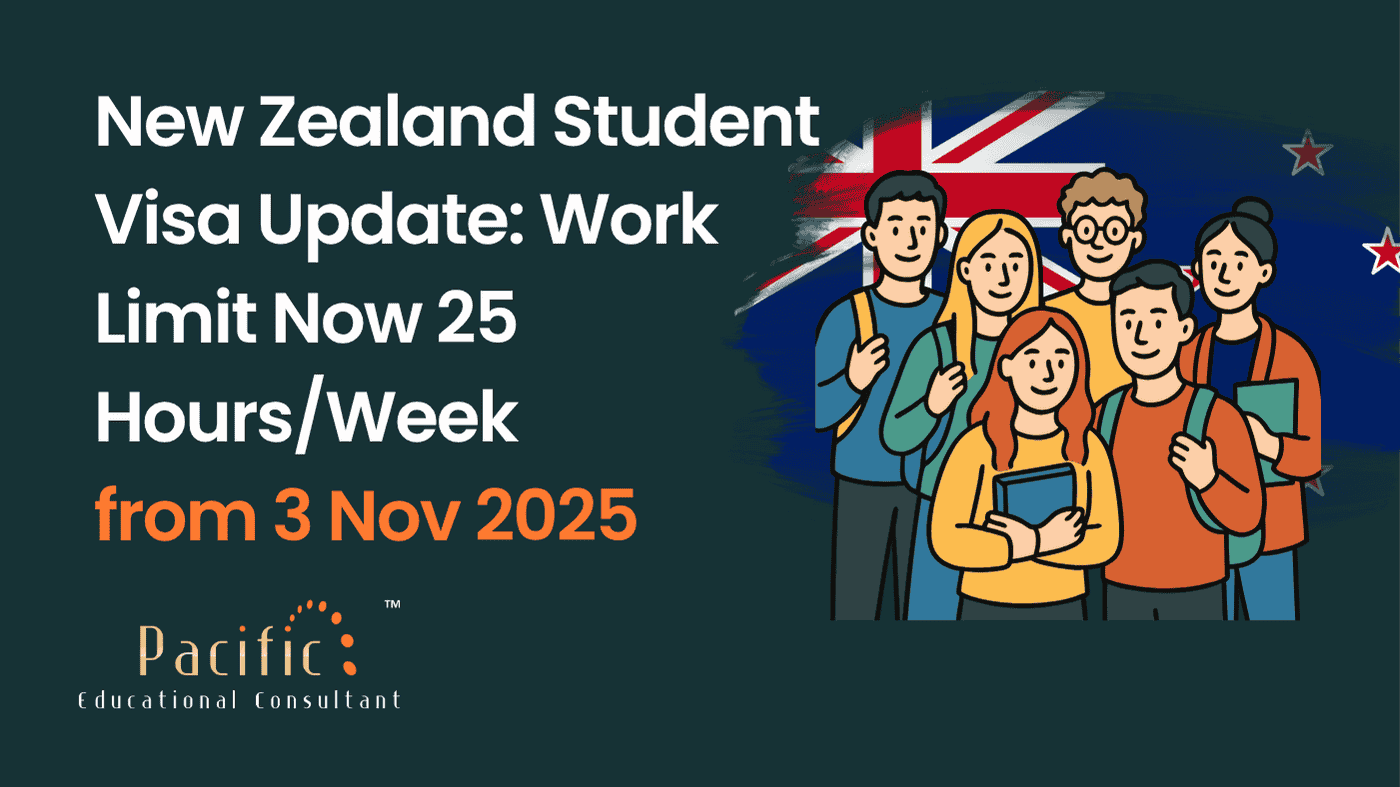
New Zealand Student Visa Update: Work Limit Now 25 Hours/Week from 3 Nov 2025

Describe a family member who you want to work with in the future - IELTS Cue Card
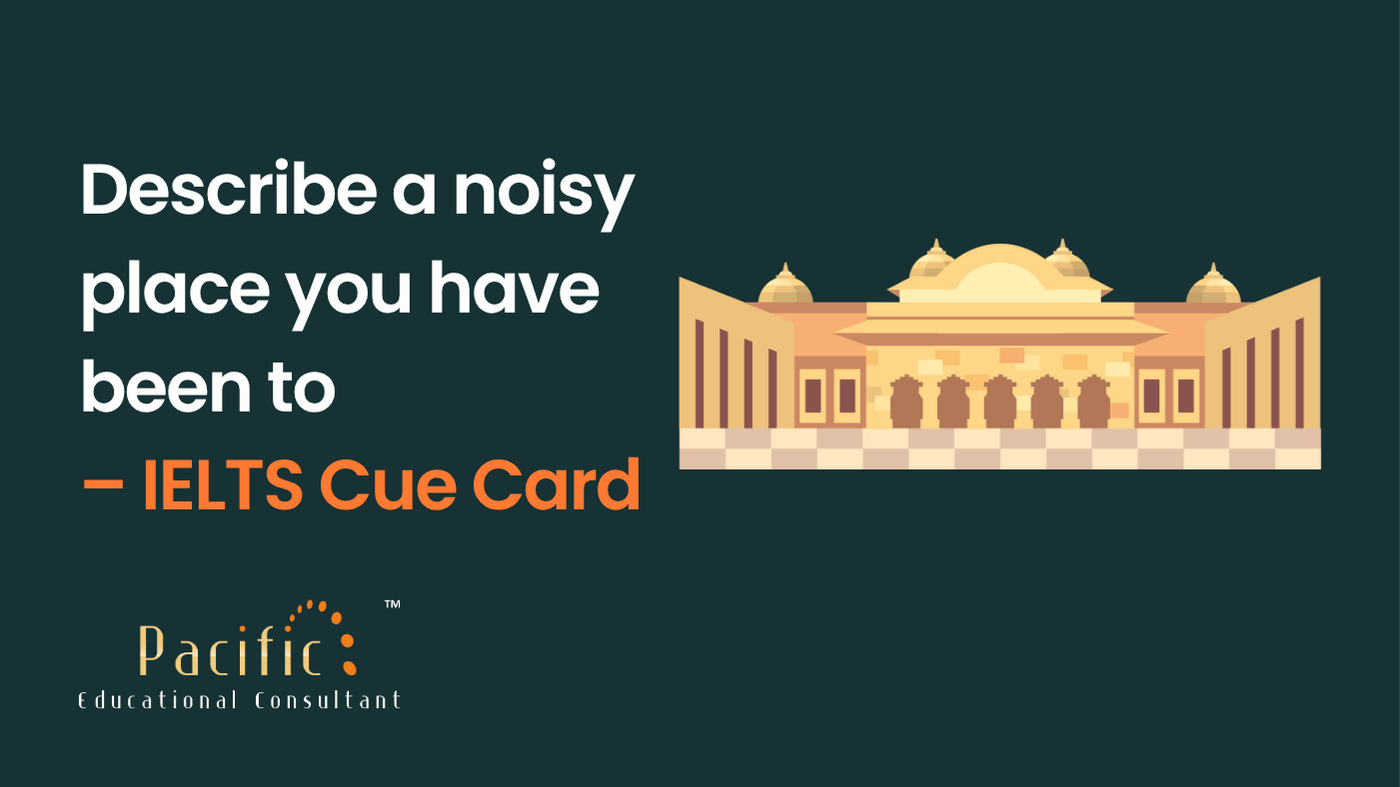
Describe a noisy place you have been to - IELTS Cue Card
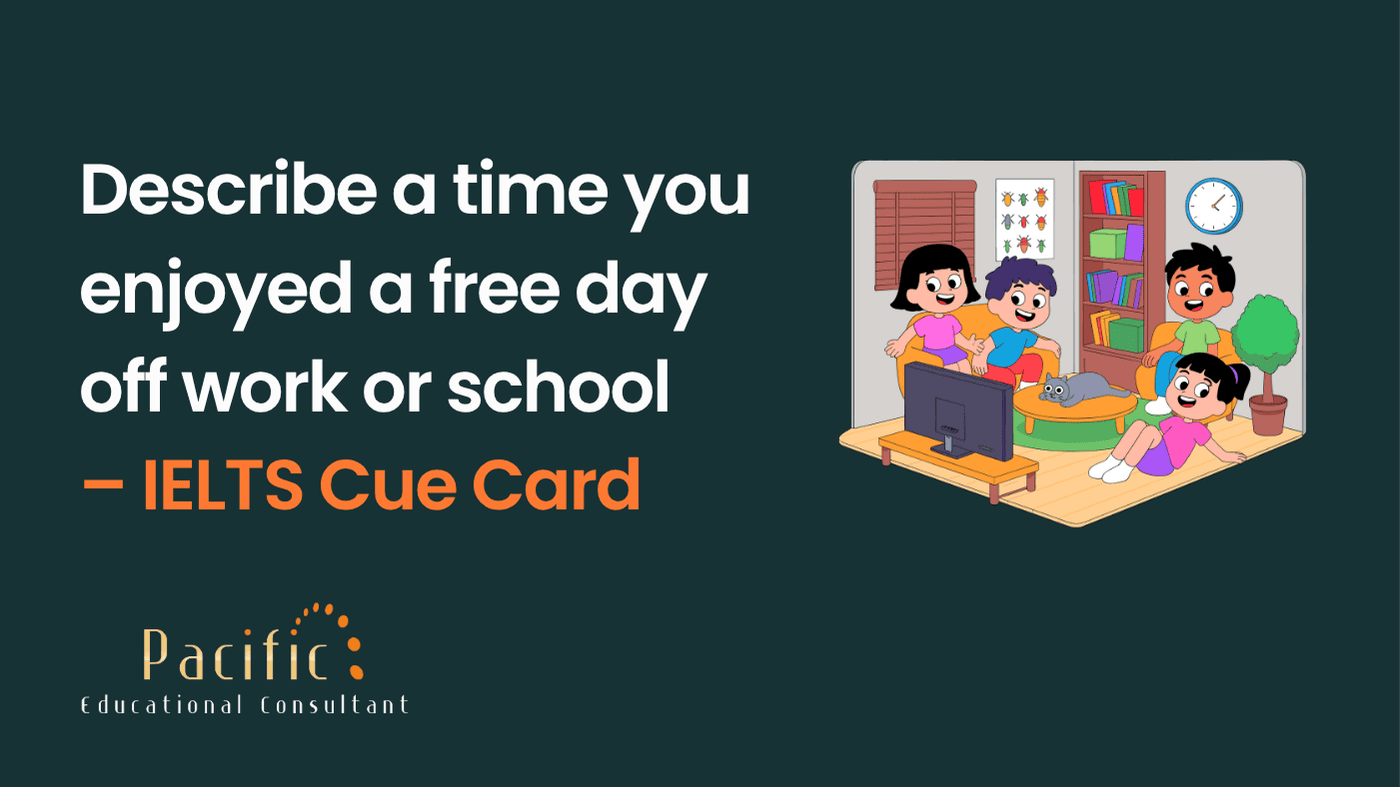
Describe a time you enjoyed a free day off work or school – IELTS Cue Card
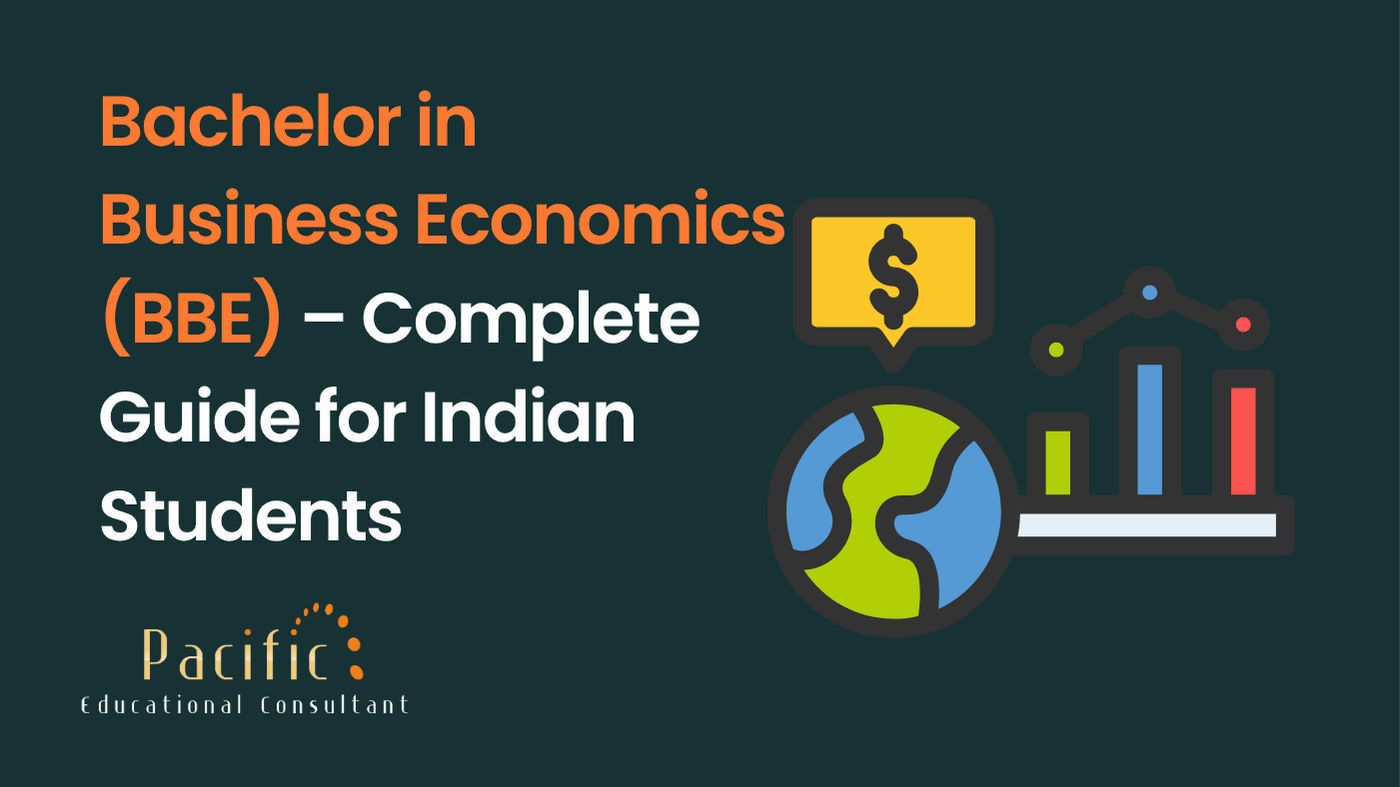
Bachelor in Business Economics (BBE)

BE IT Full Form: Complete Guide to Eligibility, Syllabus, Fees, and Career Scope

Describe a water sport you would like to try in the future - IELTS Cue Card
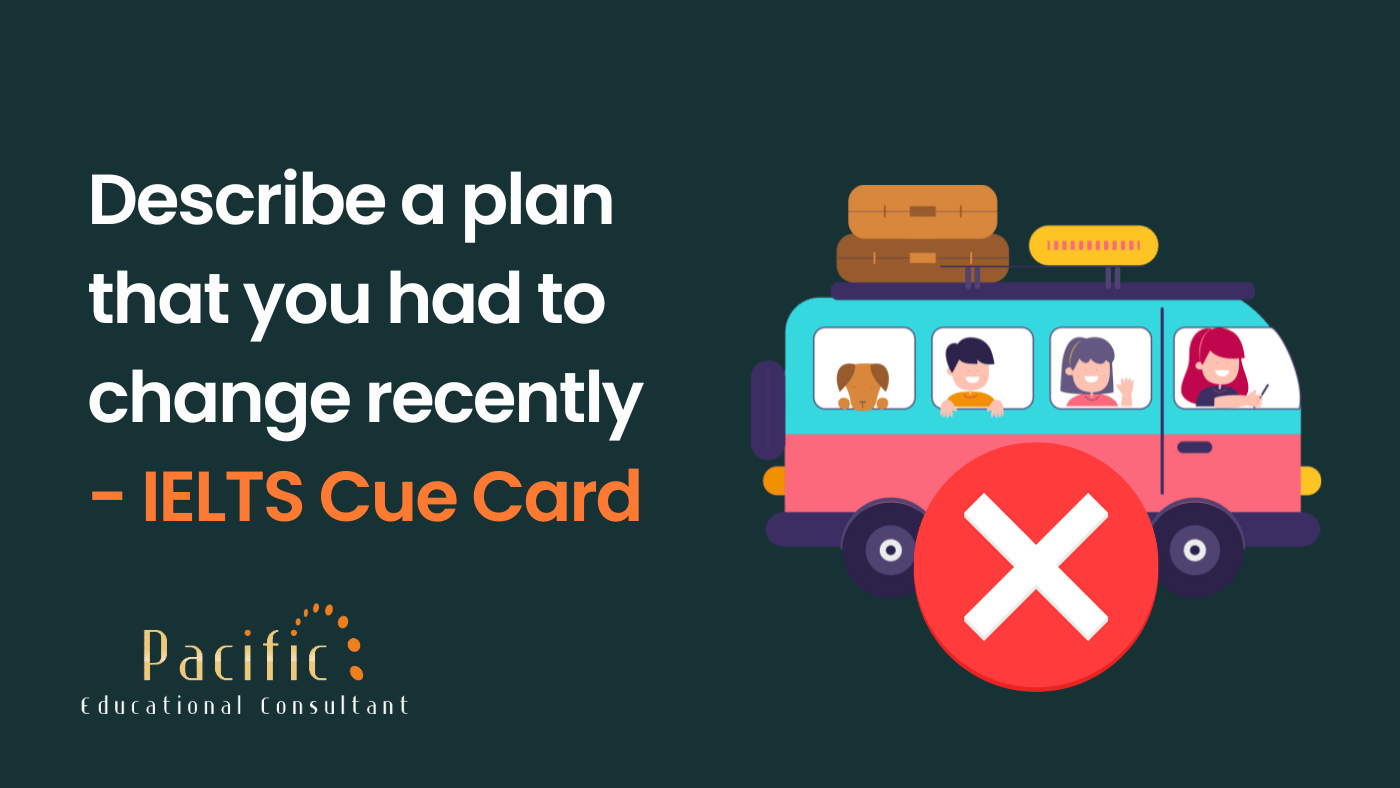
Describe a plan that you had to change recently - IELTS Cue Card
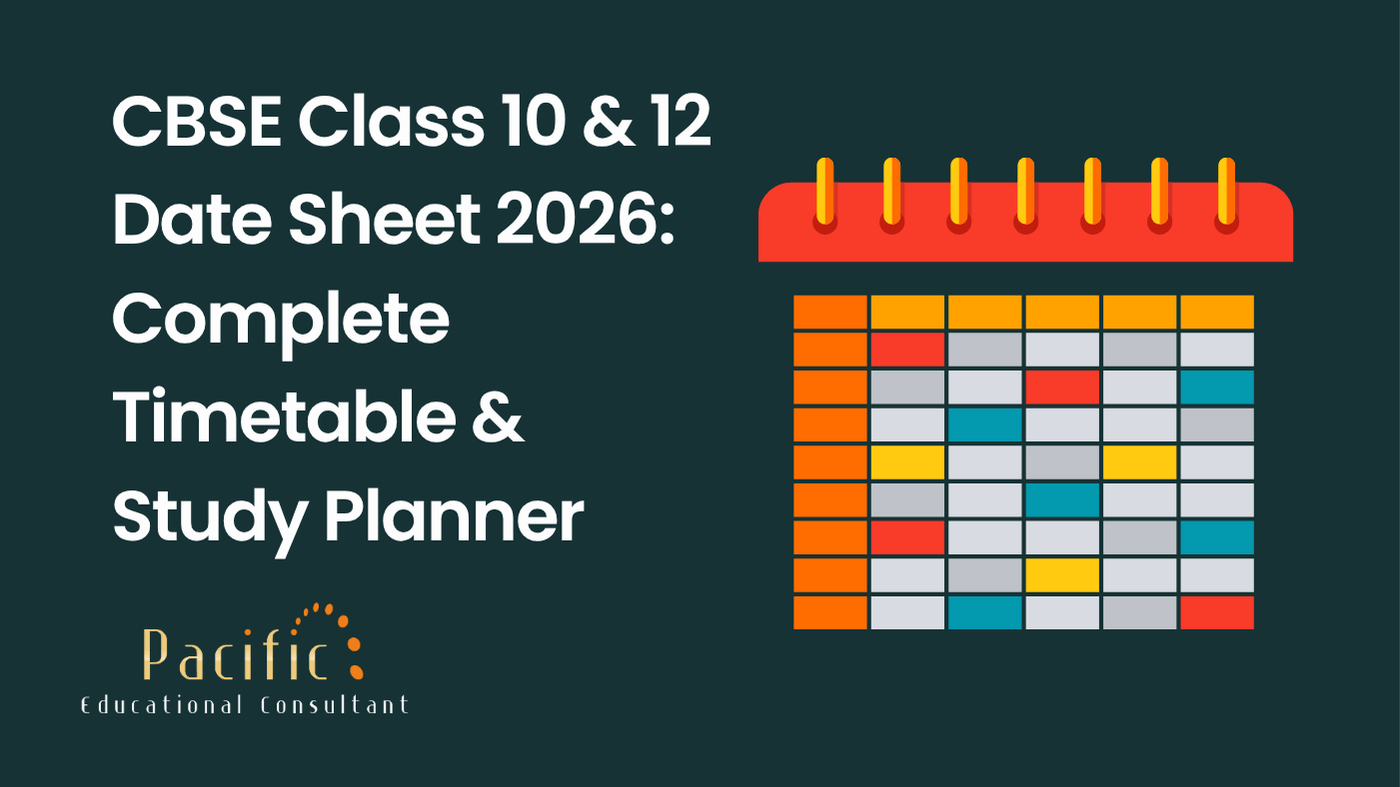
CBSE Class 10 & 12 Date Sheet 2026: Complete Timetable & Study Planner

Describe a sport that you really like - IELTS Cue Card